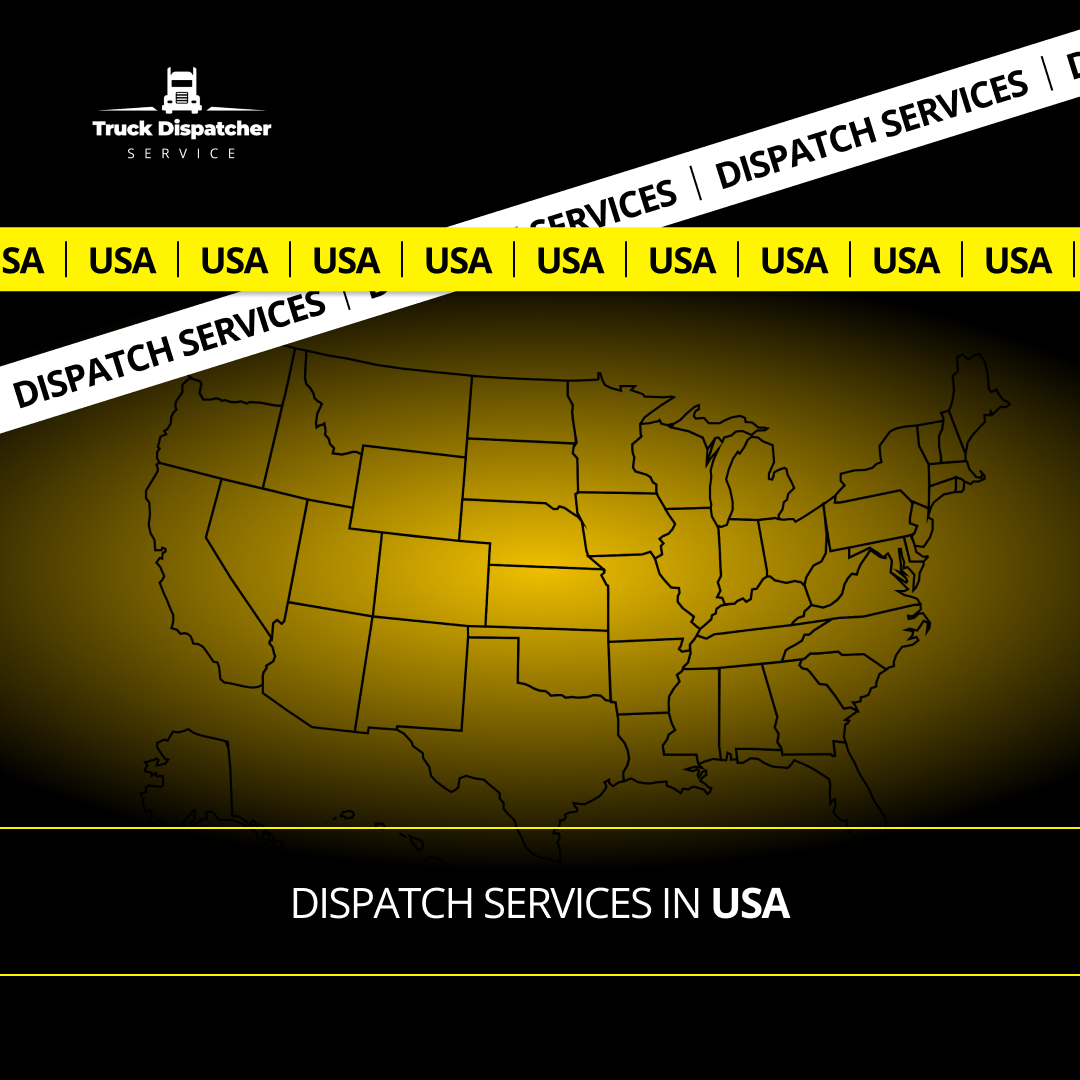Effective time management and prioritization skills are essential for achieving personal and professional success in today’s fast-paced world. Mastering these skills not only enhances productivity but also reduces stress, increases efficiency, and improves overall work-life balance. In this era of constant distractions and ever-increasing demands, individuals who can manage their time wisely and prioritize tasks effectively are at a significant advantage. Here’s a closer look at these top management skills.
Time Management:
Time management is the art of organizing, planning, and controlling how you spend your time to accomplish specific goals and tasks. Successful time management involves setting clear goals, breaking them down into manageable tasks, and allocating the necessary time and resources to complete them. It requires self-discipline, focus, and the ability to resist the temptation of time-wasting activities.
One of the key techniques in time management is the Eisenhower Matrix, which categorizes tasks into four quadrants: urgent and important, important but not urgent, urgent but not important, and neither urgent nor important. By prioritizing tasks based on these categories, individuals can focus their efforts on what truly matters, ensuring that important tasks are completed without succumbing to the pressures of urgent but less important activities.
Prioritization:
Prioritization involves identifying and ranking tasks or activities based on their importance and urgency. Effective prioritization allows individuals to concentrate their efforts on tasks that align with their goals and bring the most significant impact. It helps in avoiding the trap of busyness without productivity by ensuring that valuable time and energy are dedicated to high-priority tasks.
The ABCD method is a popular technique for prioritization. Tasks are categorized as A (high priority and high importance), B (medium priority and importance), C (low priority but significant consequences), and D (low priority and low importance). By focusing on completing A tasks before moving on to B, C, and D tasks, individuals can make significant progress in their work.
Tips for Improving Time Management and Prioritization:
Set Clear Goals: Define your short-term and long-term goals. Break them down into smaller, actionable tasks.
Create a To-Do List: Write down tasks and prioritize them based on importance and deadlines. Regularly update the list as priorities change.
Avoid Multitasking: Focus on one task at a time to improve concentration and quality of work.
Learn to Say No: Don’t overcommit yourself. Learn to decline tasks that do not align with your goals or priorities.
Delegate Tasks: Delegate tasks that others can do, allowing you to focus on tasks that require your expertise.
Use Technology Wisely: Utilize productivity tools and apps to streamline tasks, set reminders, and manage schedules effectively.
Regularly Review and Adjust: Reflect on your progress, adjust priorities as needed, and celebrate achievements.
In conclusion, mastering time management and prioritization skills empowers individuals to navigate the complexities of modern life efficiently. By investing time and effort into developing these skills, individuals can achieve their goals, reduce stress, and lead more fulfilling lives, both personally and professionally.

 +1 773 649 1774
+1 773 649 1774
































